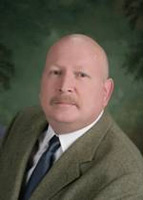
Podcast: How the Fed influences credit market liquidity
As the stock market continues to shake following the crash of the subprime market, all eyes are on the Federal Reserve. Now more than ever it’s important to understand how the Fed works. For example, what is the federal funds rate and how does it differ from the discount rate? Here with a primer on how the Federal Reserve operates is Herbert Kaufman, professor of finance at the W. P. Carey School of Business.





